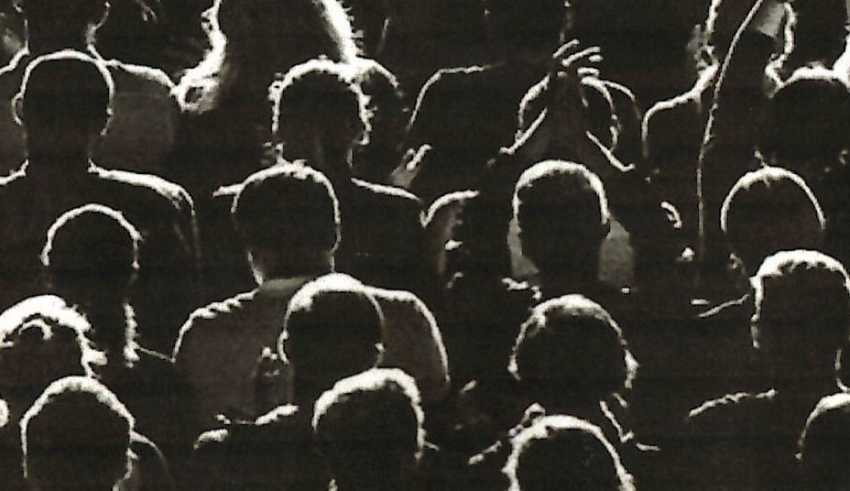
Chapter Eleven – Residents of Wonderland II: The Believers (Part Two)
During stressful times (economic recessions, pandemics, uncontrolled immigration, threat of war etc.), certain people experience “status anxiety (which) produces authoritarian (thinking) which produces repression of faults and shortcomings and of aggression against authority, which is then projected onto minorities and outsiders”. We focus on this matter of pervasive anxiety (Angst). When we are considering individualized anxiety, then containment of the anxiety is often to be found in personal defenses (such as regression or denial). The authoritarian is an individual for whom personal defenses are often embedded in ethnocentrism. Generalized prejudice has become a structured aspect of their personality. These individuals are more likely to believe misinformation and conspiracy theories propagated by influential people within their in-groups.
When Angst as a shared source of anxiety is widely found, then the container often resides in their respective right-wing conservative or left-wing liberal groups. A collective “corner” is provided by their group where one can hide from the onslaught of Angst. It seems that Angst is not only contained in a collective manner but also contained by collective action. In this chapter we not only focus on the impact of pervasive anxiety on character structure and update the analysis of authoritarian personalities, but also consider how this rigid character structure relates to our primary concern in this book about expertise and belief.
Chapter Twelve – Residents of Wonderland III: The Collective Believers
A powerful process called collusion operates when the expert and advice-follower dance together in creating an illusion of knowledge and foresight. Collusion is a complex and often subtle process, typically involving all parties in a relationship or group. Even if a participant is not actively involved in the collusion, the mere acquiescence to the collusion will exacerbate the collusive process.
In this chapter, we first offer a positive perspective regarding collective thinking. This is collective learning in organizations and is founded on the distinctive (often cutting edge) lessons learned and insights offered by individuals in the organization and those who provide “expert” advice to the organization. There is also the occasional breakthrough learning and insights gained by a team or task force in the organization, as well as the acceptance and use of expert advice that is “out-of-the-box.”. There is also the negative perspective with regard to collective thinking. Side-by-side with shared learning and collective insights is the intensive resistance to new learning (especially that offered by the expert). There are not only “learning organizations” that thrive under conditions of collaboration, but also “stupid organizations” that are caught in collusive dynamics.
With this concern about collective learning and stupidity in place, we turn to the fundamental nature of collaboration and competition. We then turn to an analysis of the roots of both collaboration and collusion. We conclude by considering the matter of collective narcissism. We consider the particularly powerful and often negative way in which collaboration and collusion are interwoven. Expertise is often abused in a collective narcissistic setting.
Chapter Thirteen – Beliefs in Wonderland I: The Fleeting Facts (Part One)
All (or at least most) perspectives on the nature of “facts” are concerned with one very ambitious undertaking: understanding the nature of reality. However, there are many different turns and pathways that one can take on the way to this understanding. In this chapter, we turn to the work done by a writer and fact finder as they battle with two different versions of reality. Their struggles (displayed in both a book and theatrical play) provides the foundation for our consideration of the nature and construction of “facts.”
We propose that there are two interrelated dimensions that help to discriminate among differing definitions and meanings associated with the word “Fact”. One dimension concerns the static or dynamic nature of one’s notion about being. Is “being” a noun or a verb? Are we talking about an object or about a process? The second dimension concerns the basic assumption that it is, or is not, possible to ultimately identify the basic nature of being—in other words, to accurately describe and validate a description of reality. Those who believe this description is possible are called “objectivists.” We offer a four-cell model based on the intersection between these two dimensions.

















